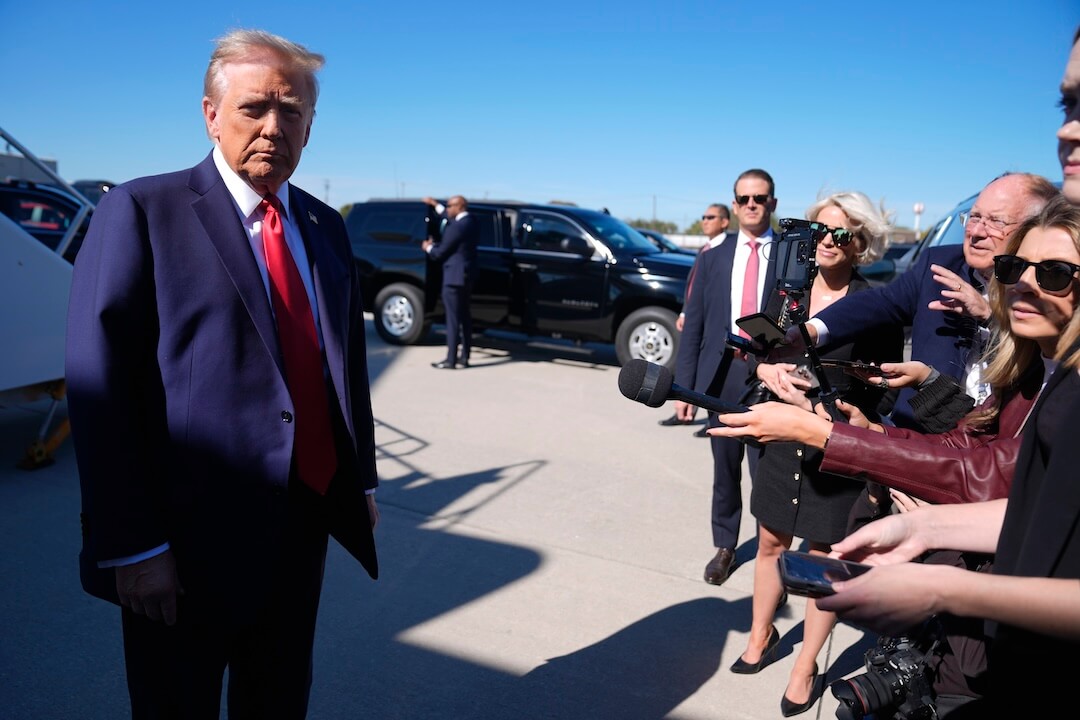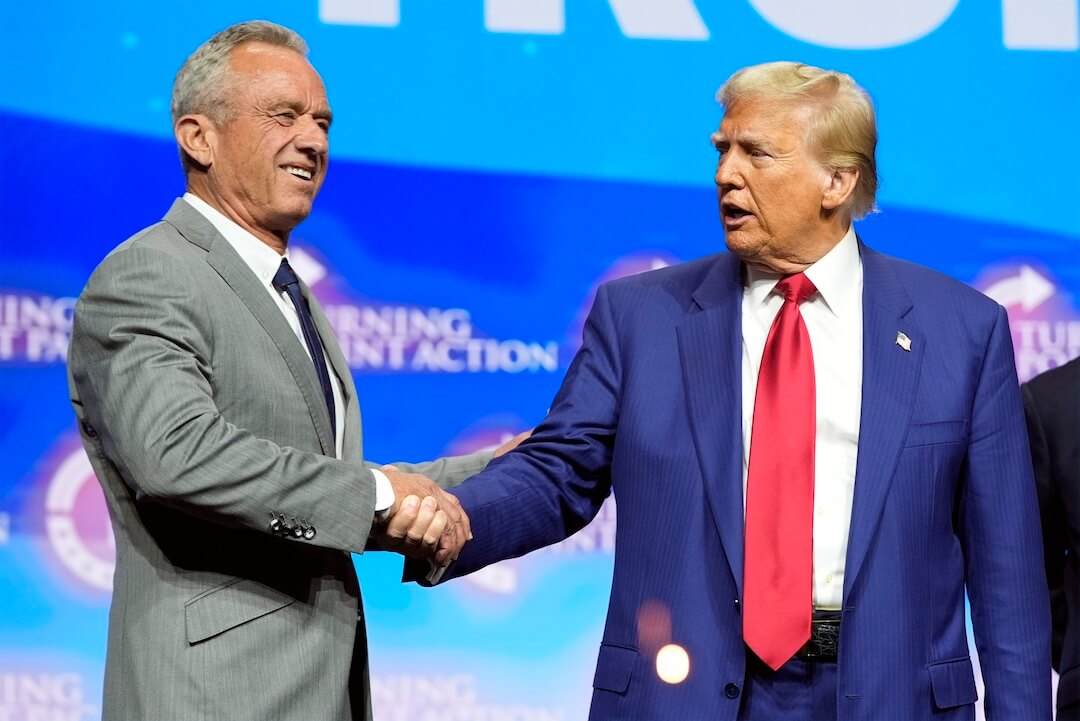“Lesser artists borrow. Great artists steal.” NPR correspondent Elizabeth Blair uttered those two lines in a report she did on artists and inspiration. She said a version of that saying has been attributed to both Pablo Picasso and Igor Stravinksy.
The saying surprised me. I expected the first line. But not the second. Great artists, after all, become great because of their originality. They stand out because their best work is unique, creative, totally their own. Or so I thought.
But Blair’s broadcast brimmed with examples of artists who acknowledged creating work that copied other artists. Vincent Van Gogh copied Japanese art prints to perfect the technique he eventually developed, Blair reported. John Lennon’s opening riff to “I Feel Fine” replicated the music from Bobby Barker’s “Watch Your Step.”
So, while these artists created their own work, they also used what they had seen or heard elsewhere. When you think of it that way, nothing, it seems, is truly original. Hence artists “steal” work from others.
That idea made me think about the propensity for plagiarism among journalists. Any regular Romenesko reader knows a report about yet another journalist caught plagiarizing seems almost as common as another “leaked” memo from management.
I, along with Poynter colleagues Roy Peter Clark, Kelly McBride, Chip Scanlan, Bob Steele, and Al Tompkins, have written and/or been interviewed about it. When I recently typed the word “plagiarism” in the Poynter search engine, it yielded 73 links.
So why does it happen? Perpetrators and pundits offer all kinds of explanations. Deadline pressures. Items lifted, accidentally, from the reporter’s notebook. Forgetting to attribute. Being ethically challenged. The view that everything on the Internet is up for grabs — the journalistic equivalent to finder’s keepers.
Maybe there’s also concern that if you attribute — or credit — your work, others will think you are incapable of original thoughts and words.
Plagiarists plague newsrooms ranging from the university level to our most prestigious newspapers. An incomplete list of journalists accused recently of plagiarism includes: Jack Kelley, who just resigned from USA Today; Charlie LeDuff and Bernard Weinraub of The New York Times; Frank Deford of Sports Illustrated; Ben McCarthy, formerly of the University Daily Kansan; Tonya Dawson and Demetra Karamanos of the Cavalier Daily at the University of Virginia; and Catherine Fitzpatrick, formerly of the Milwaukee Journal Sentinel.
I don’t offer these names and publications for condemnation, judgment, or additional flogging. They just serve as a reminder that accusations of plagiarism, like the poor, will be with us always (a journalistic version of Jesus’ quote in Matthew 26:11).
Such revelations should encourage all of us to exercise much more care about what we write, and who we credit for our ideas and words. Jeffrey Dvorkin, NPR’s ombudsman, recently made clear how conscious he is about accusations of plagiarism. In a column published on NPR.org on January 7, he went out of his way to attribute something he wrote, and even quote the writer and cite the publication.
Although I consider plagiarism a journalistic sin, I also recognize how fallible all journalists can be –- including myself. How humble I should be was driven home to me again one day while talking to my Poynter colleague Chip Scanlan. I was going on and on about the latest act of plagiarism I had read about, how awful it was for one journalist to steal another journalist’s work. Chip listened. Then he voiced a concern. He was worried that somehow, in some way, he might commit an act of plagiarism. He’s even written about how it almost happened to him.
He remarked that but for the grace of God… His expression of empathy, compassion, and concern reminded me of the human factors that might contribute to this problem. Could it have truly been inadvertent? Could it have happened as a result of gathering, pasting, or editing by the writer, or the editor? His humility contrasted with my high-mindedness. It brought to mind Oscar Wilde’s quote that “Every saint has a past, and every sinner has a future.”
So is journalism, like art, unoriginal? Are we always copying someone else? Are we talking about degrees rather than clear-cut acts of plagiarism?
Maybe we should frame the questions differently. Maybe we should think about what to do before it happens rather than just focusing on the punishment we need to mete out afterward. Maybe we need to create a pre-plagiarism frame we can work with that allows us to come up with questions that help us give credit when, and where, it’s due.
In operating within such a frame, here are some questions we might ask about what we’ve written:
- Does this wording sound familiar?
- Do I know where it came from?
- Have I arranged my notes so attributed material remains separate from my own material?
- Can I document the source of my information, description, or observation?
- Have I asked my editor to alert me to anything she, or he, thinks reads like something else she, or he, has read?
- Am I giving credit, or some indication, as to where this material came from when appropriate?
- Have I double-checked the source of work?
Maybe Blair’s observation about artists (“Lesser artists borrow. Great artists steal.”) can be adapted for journalists. Maybe it could read: Lesser journalists copy. Great journalists credit.





